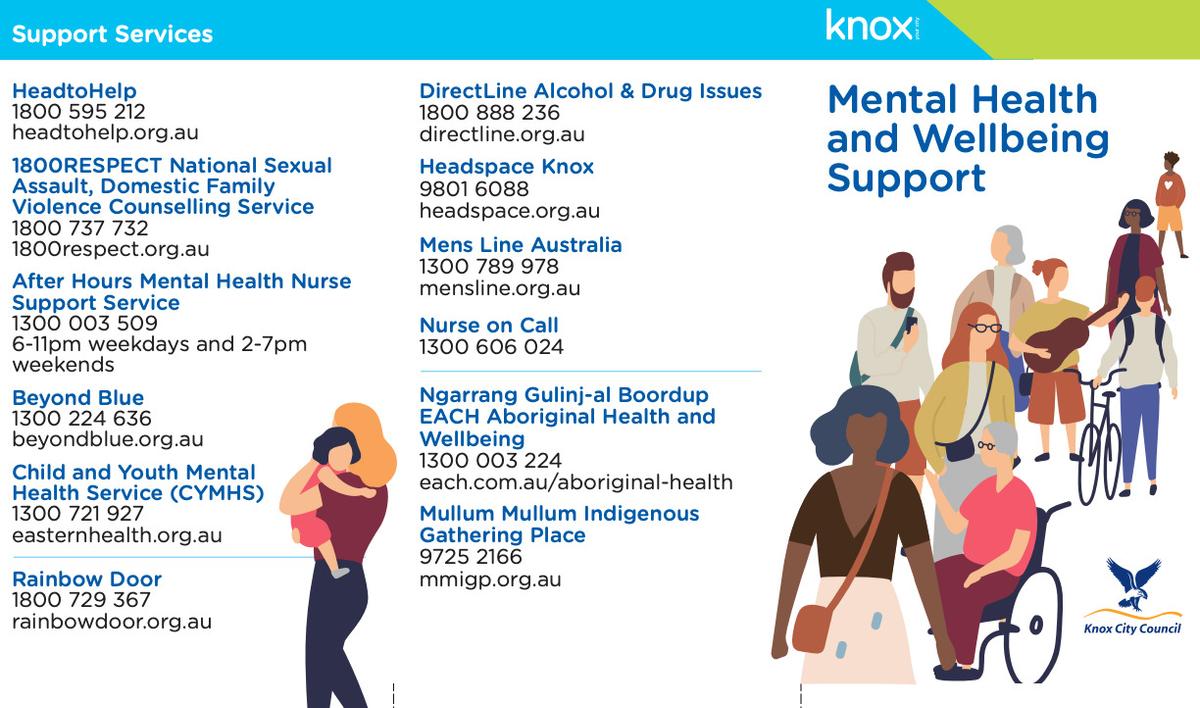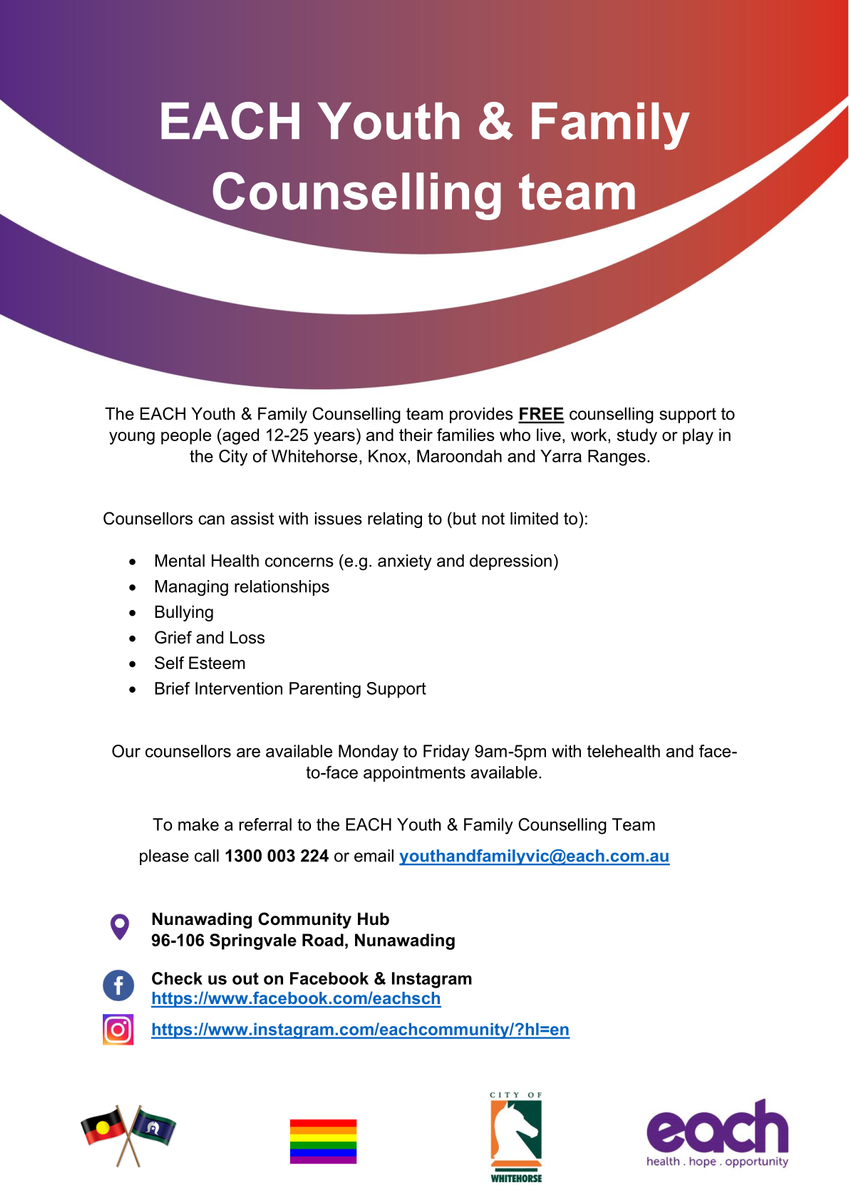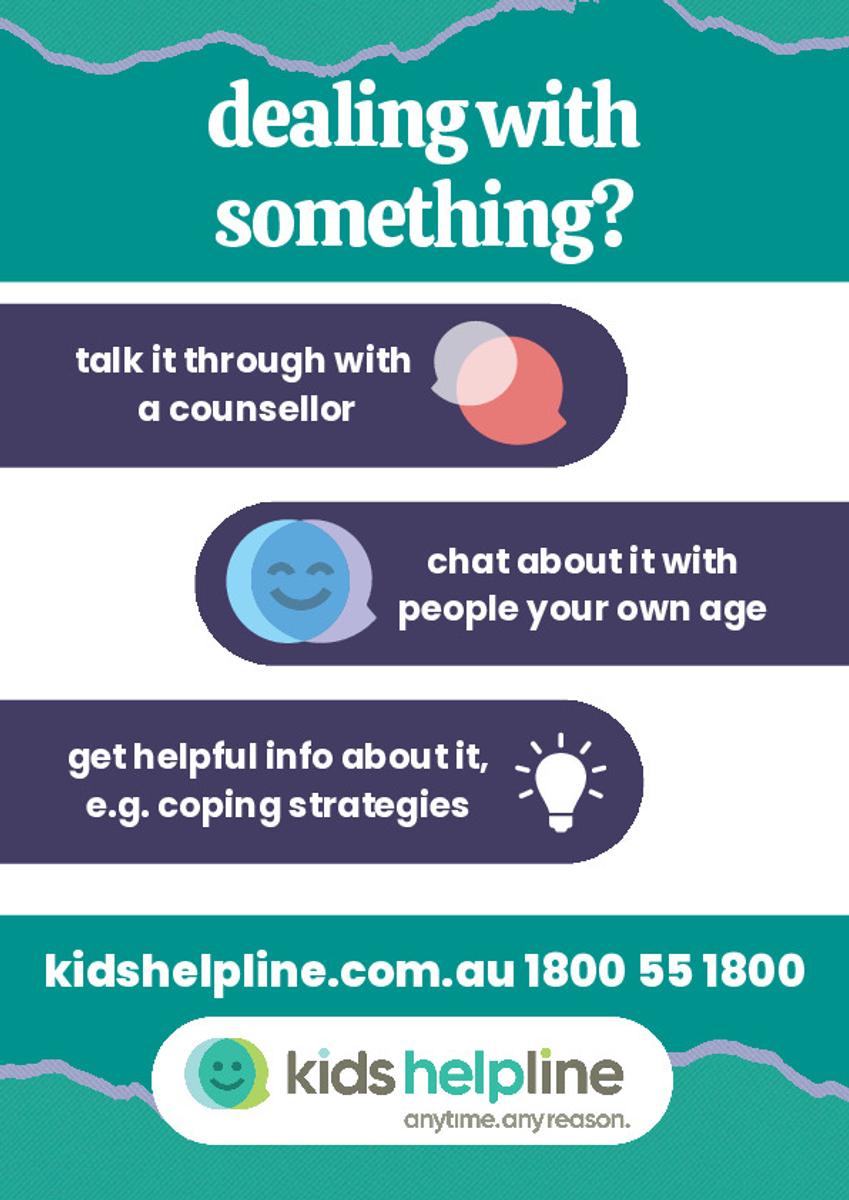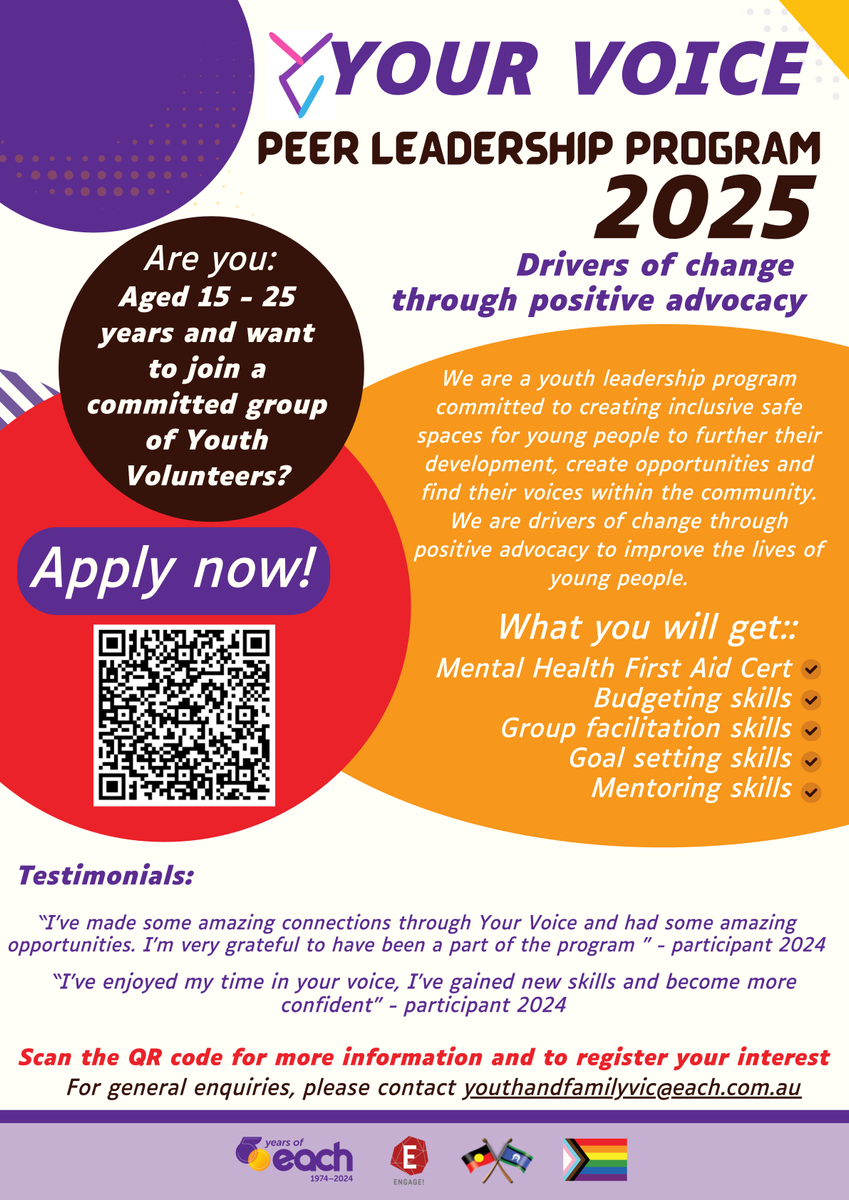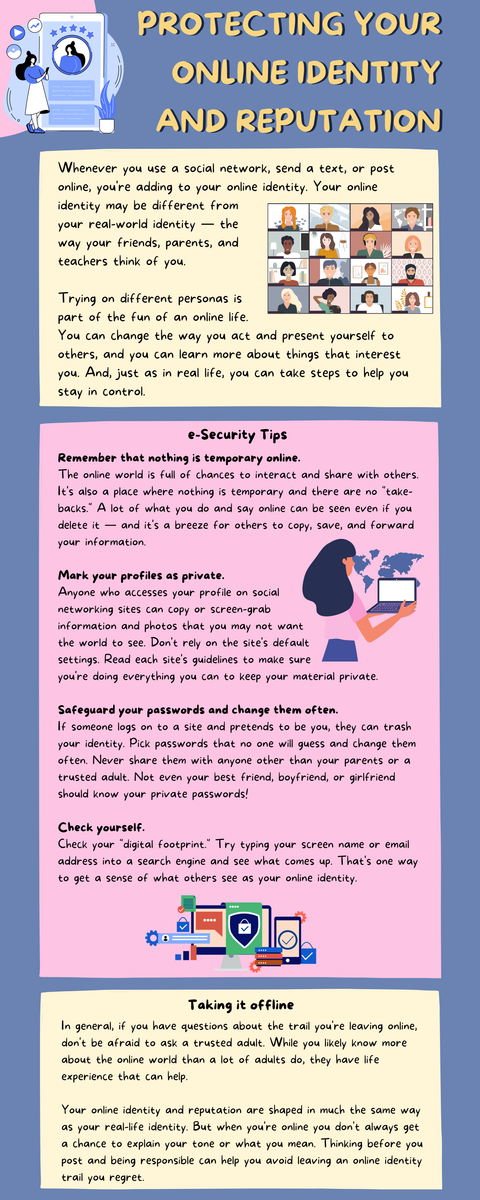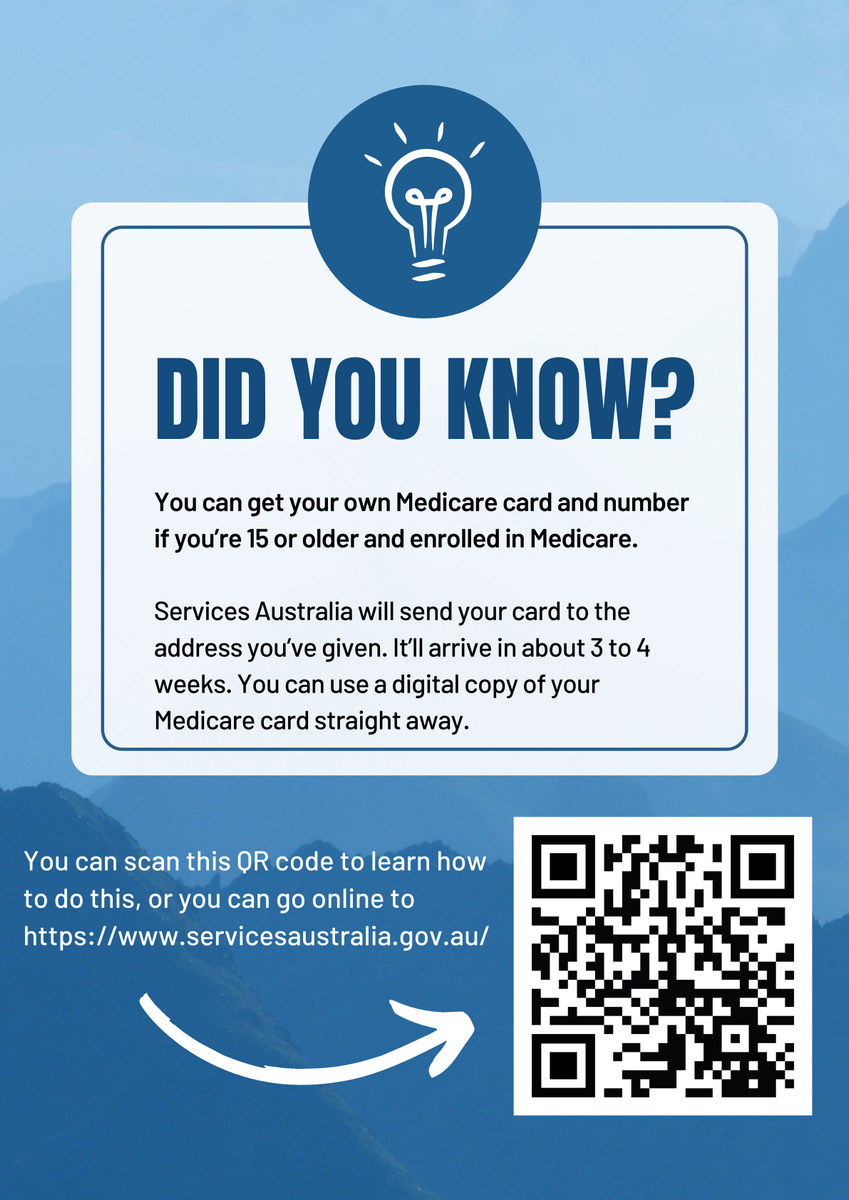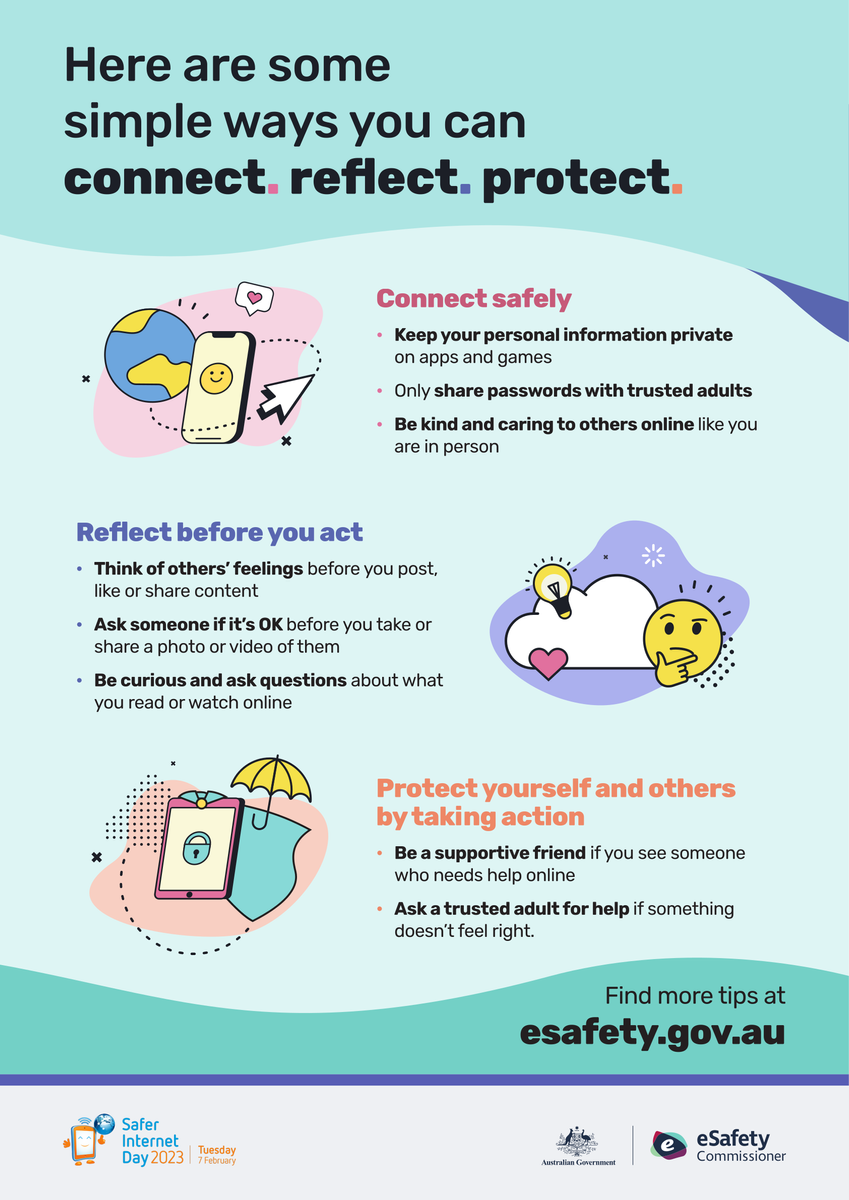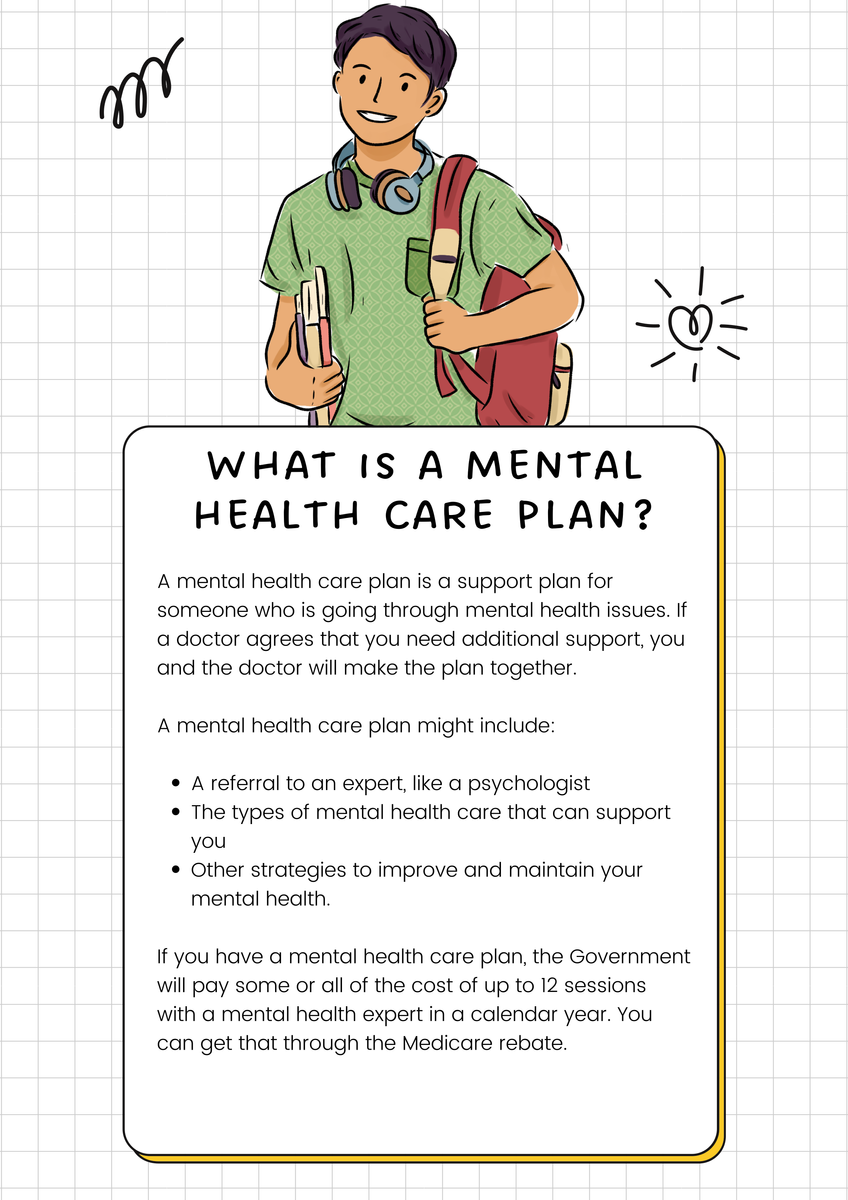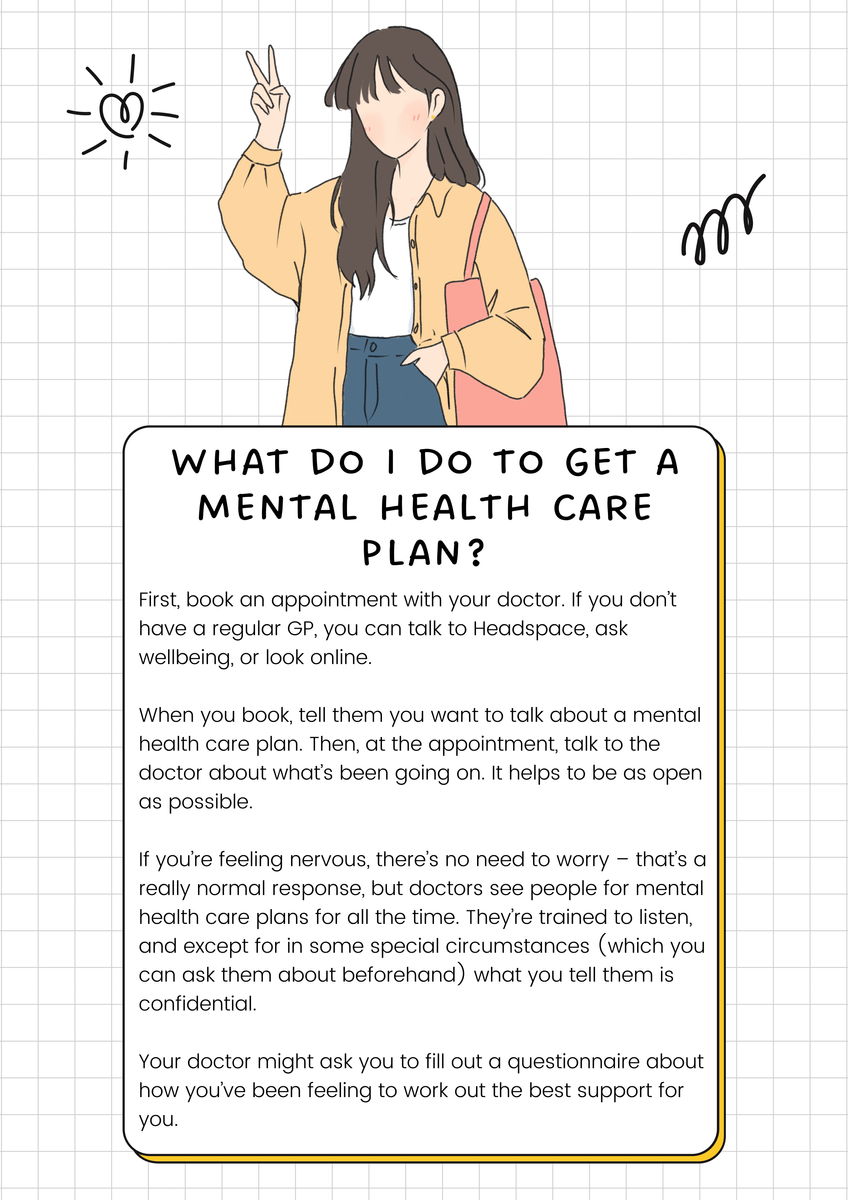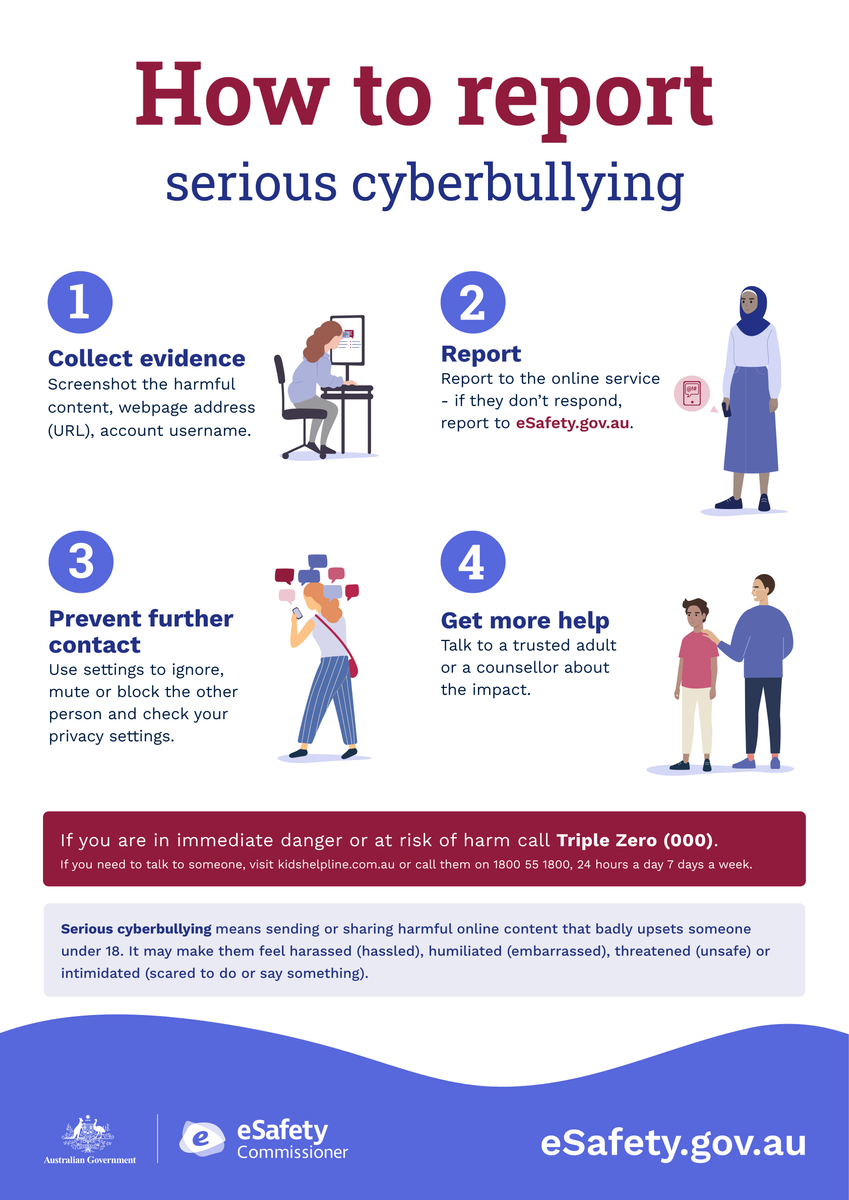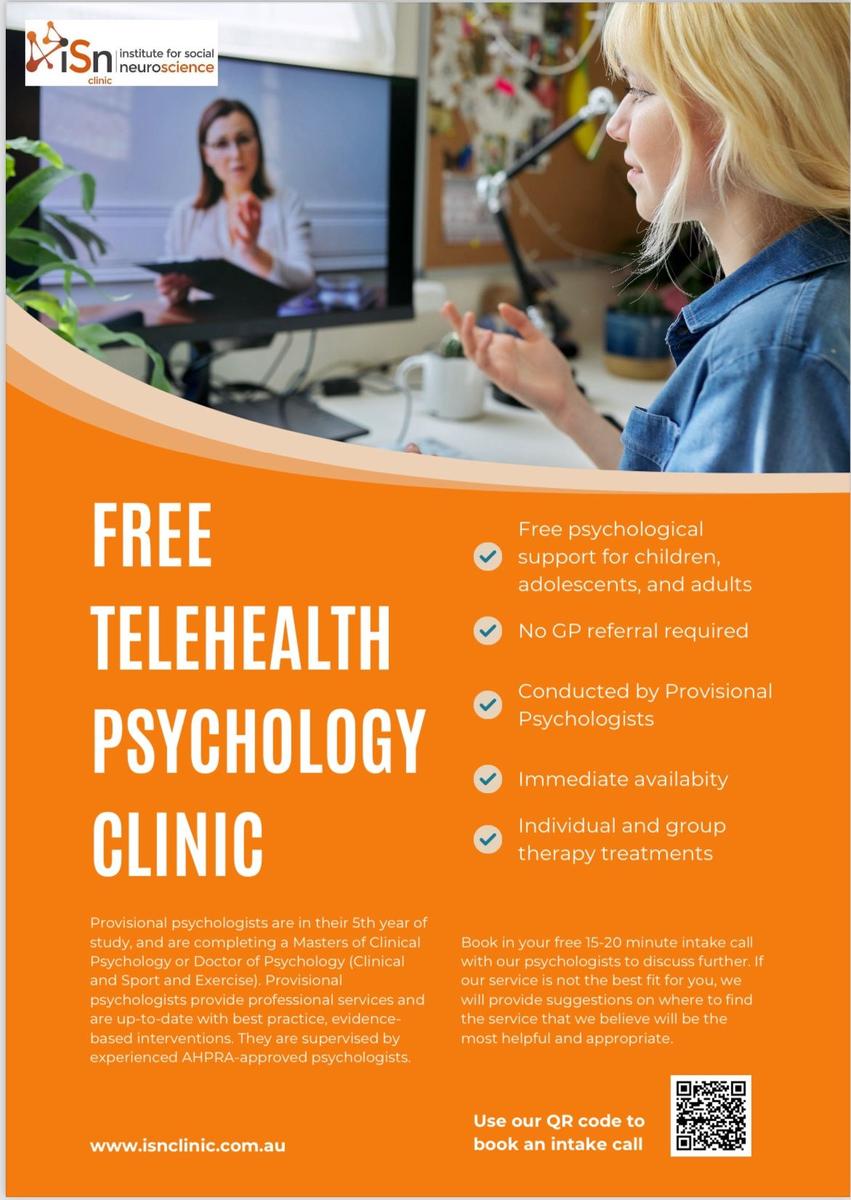Parent Wellbeing
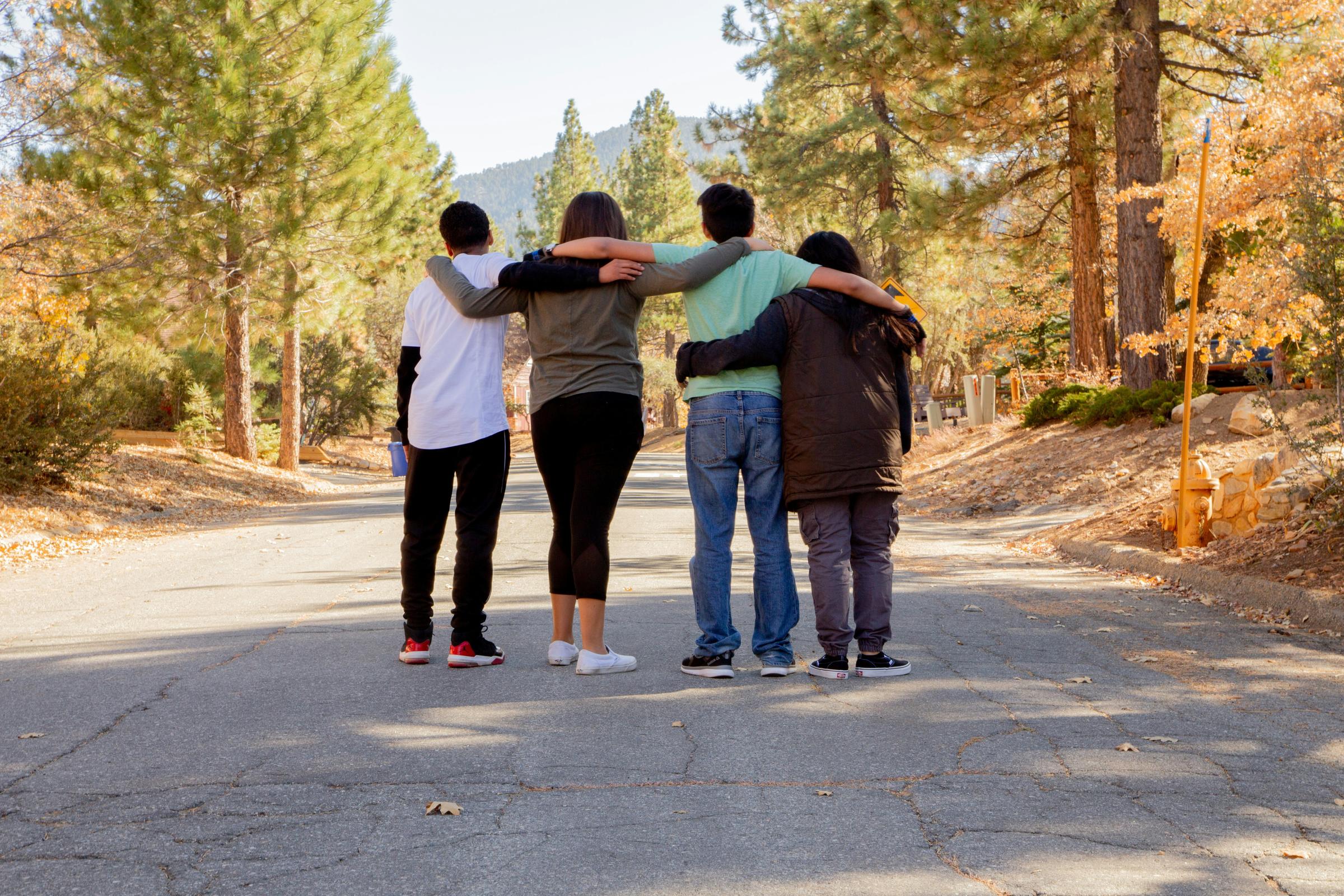
Helping Your Teen Navigate Friendships
Friendships play a vital role in a teenager's life, shaping their confidence, emotional well-being, and overall high school experience. As parents, you have an important role in guiding your child toward building and maintaining meaningful friendships while also teaching them the value of healthy relationships. Here are some simple but effective ways to support your teen in navigating friendships:
Create a Supportive Environment
Teenagers need to know they have a safe space to talk about their friendships—both the good and the challenging moments. Encouraging open conversations about their social experiences can help them feel understood and supported.
Listen without judgment – Your child may feel hesitant to share friendship struggles if they fear criticism. Instead of immediately offering solutions, listen attentively and validate their feelings. Sometimes, just being heard is enough.
Ask open-ended questions – Instead of “How was your day?” try “What was the best part of your day with your friends?” or “Did anything challenge you socially today?” These questions encourage deeper discussions.
Share your own experiences – Talk about friendships from your past—what worked, what didn’t, and what you learned along the way. This shows your teen that friendships evolve and that challenges are a normal part of life.
Encourage Independence While Ensuring Safety
While it’s important to give teens the freedom to form and maintain their own friendships, they still need parental guidance to navigate social dynamics safely and responsibly.
Support their social life – Allow your child to invite friends over, go to events, or make plans outside of school. This helps them build stronger connections beyond the classroom.
Teach healthy digital communication – Texting and social media play a major role in modern friendships, but they can also lead to misunderstandings or unhealthy interactions. Help your teen develop good digital habits, like recognizing when a conversation is better had in person.
Discuss peer pressure – Friendships should be uplifting, not stressful. Encourage your child to choose friends who bring out the best in them and stand firm in their values, even if it means walking away from negative influences.
Model and Discuss Healthy Friendships
Your child learns about relationships not just from peers but also by observing you. Demonstrating positive friendships in your own life can teach valuable lessons about trust, communication, and respect.
Model healthy communication – Show your teen what it looks like to handle conflicts maturely, express appreciation for friends, and set boundaries when needed.
Talk about what makes a good friend – Discuss qualities like kindness, reliability, and respect. Ask your teen what they value in a friendship and if their current relationships reflect those values.
Encourage conflict resolution – Help your child understand that disagreements are normal in friendships. The key is to communicate effectively, listen to different perspectives, and work through issues rather than avoiding them.
Providing a Safe Space for Guidance
Teenagers will face social ups and downs, and they may not always know how to handle tricky situations. By fostering a strong parent-child relationship, you give them the confidence to seek your advice when they’re struggling with friendships.
Teach empathy and perspective-taking – Help your teen understand that everyone sees situations differently. Encouraging them to consider how their friends might be feeling can improve communication and deepen connections.
Help them navigate social challenges – Whether it’s feeling left out, dealing with gossip, or struggling to fit in, remind your child that friendships should be a source of joy, not stress. Sometimes, stepping back from toxic relationships is the healthiest choice.
By creating a balance between support and independence, parents can play a meaningful role in their teen’s social development. With your guidance, they’ll build the confidence and skills needed to form strong, lasting friendships that will support them through high school and beyond.
Looking for Support?
EACH - Health Services 1300 003 224
These services are free or low-cost.
93 Boronia Rd, Boronia
Youth Mental Health Services 9298 8469
headspace 1800 650 890
Safe Steps Family Violence Response Centre 1800 015 188 (24 Hours)
1800 Respect 1800 737 732 (24 Hours)
Nurse on Call 1300 60 60 24
The Butterfly Foundation 9822 5771
FriendLine 1800 424 287
24/7 Mental Health Hotlines:
Kids Helpline 1800 55 1800
Lifeline - Call 13 11 14, text 0477 13 11 14 or chat online.
Suicide Call Back Service 1300 659 467 or suicidecallbackservice.org.au
Beyond Blue 1300 22 4636
Student Wellbeing Team
Email: wellbeing@wantirnacollege.vic.edu.au
Chelsea Collings - Leader of Wellbeing
Guiseppe Relia – Wellbeing Counsellor
Sanela Avdic - Wellbeing Counsellor
Talea-Jane Simpson – Wellbeing Counsellor
Tajinder Wulff - Mental Health Practitioner 7-8
Lea Marrison - Mental Health Practitioner 9-12

